I'm trying to accomplish a cascading variable, where when one design time variable is set, it cascades to other variables. Is this possible? I've tried with dot notation, I've tried without dot notation, and I've tried to do it in the task:
I also tried this task plugin, but my agents are on 2.0 and the task doesn't run.
Any ideas?
Answer:
You can override these variables at the environment level. I will have to expand these variables in my script manually and then set them to the resolved values in this script.


